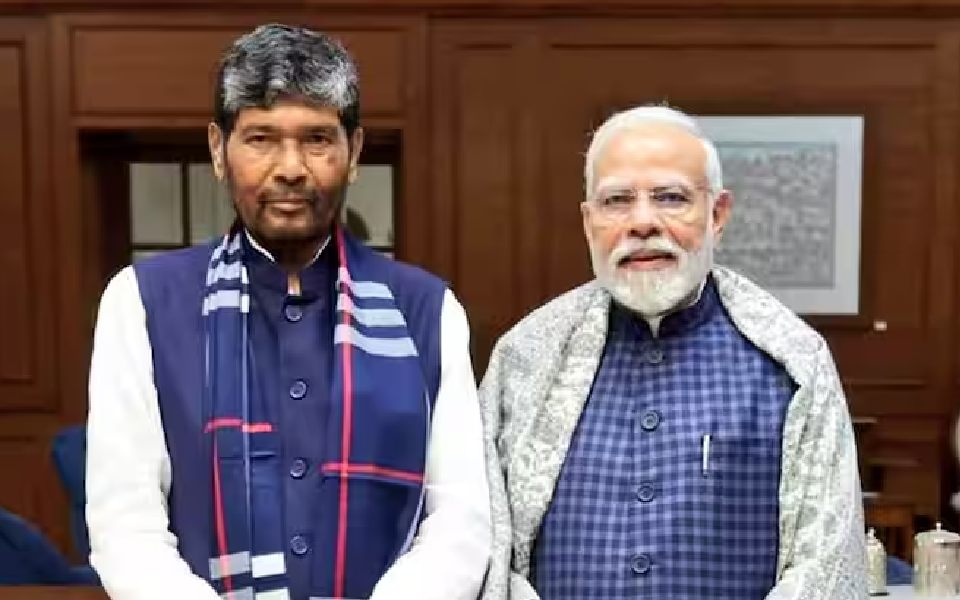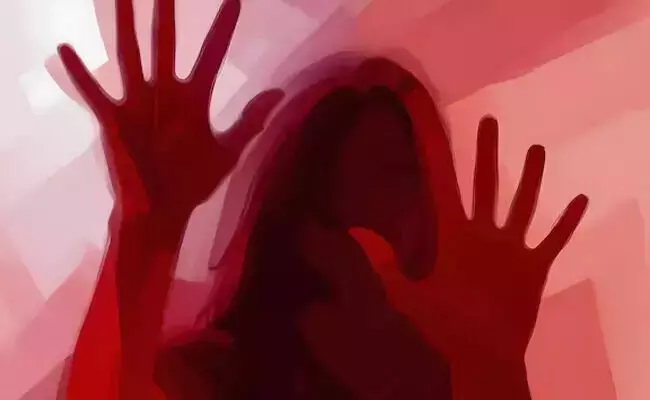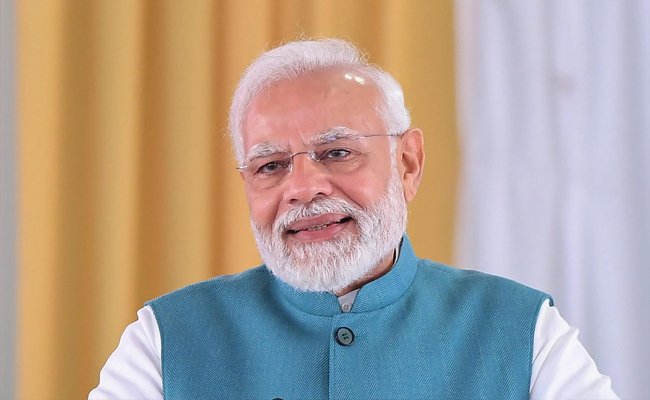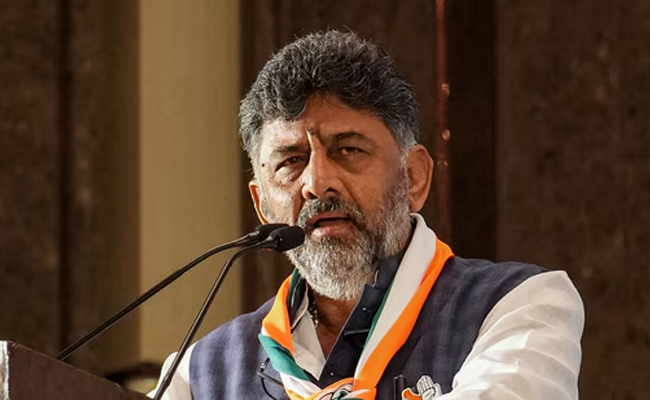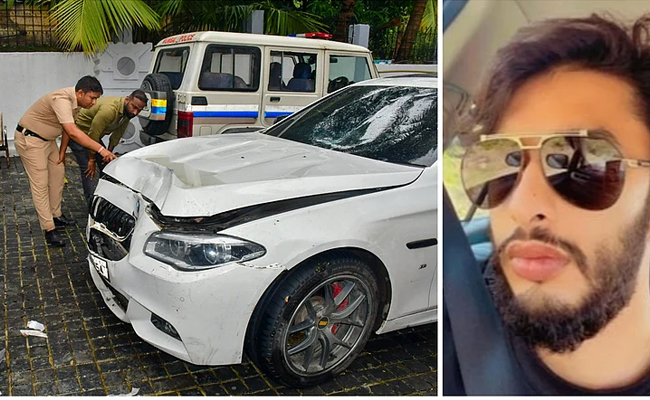New Delhi: In a significant political development ahead of the upcoming Bihar assembly elections, the Rashtriya Lok Janshakti Party (RLJP), a key Dalit outfit, has announced its decision to exit the National Democratic Alliance (NDA).
The move comes as a blow to the ruling coalition, which is now facing internal rifts just months before the crucial polls.
RLJP chief and Union Minister Pashupati Kumar Paras declared the party's departure from the NDA, citing discrimination and neglect.
"We were with the NDA from 2014 till now and remained loyal allies. But during the recent Lok Sabha elections, the NDA did injustice to our party, which represents the Dalit community," Paras said during a press briefing.
Let the Truth be known. If you read VB and like VB, please be a VB Supporter and Help us deliver the Truth to one and all.
Gorakhpur (PTI): A hospital employee was booked for allegedly sexually assaulting a woman in the pretext of an ultrasound test here in the district women's hospital, police said on Saturday.
According to the complaint, the woman, a resident of the Gulriha area, visited the district women's hospital on Thursday morning for an ultrasound test.
She was directed to a room, where Abhimanyu Gupta was conducting ultrasounds. When her turn came, the accused allegedly stared at her and told her to remove all her clothes, claiming it was necessary for the test and that a massage would also be required, she said.
ALSO READ: UP: Girl kidnapped, raped multiple times over 25 days; accused held
The woman alleged that once she complied, the accused began making obscene advances and tried to force himself on her. When she screamed, he allegedly gagged her, abused her and threatened to kill her before pushing her out of the room.
She said her complaints within the hospital went unheard, forcing her to approach the police.
Taking cognisance of the complaint, the hospital administration constituted a three-member inquiry committee, officials said.
Senior consultant (paediatrics) Dr Jay Kumar said, "The woman has levelled serious allegations against a staff member. Senior officials have been informed, and a departmental inquiry is underway. Strict action will be taken if the charges are proved."
Kotwali Station House Officer Chatrapal Singh said a case has been registered, and efforts are on to nab the accused.

